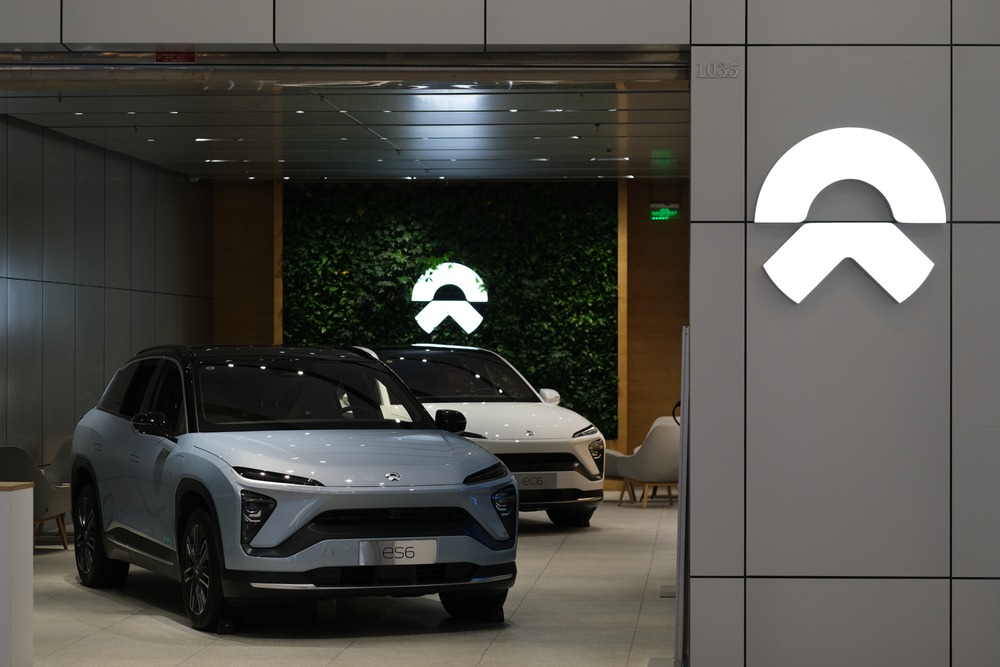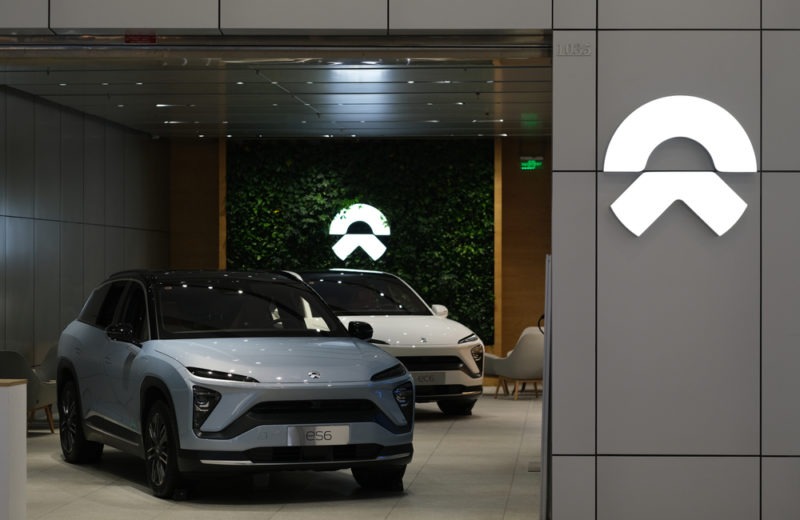Key Points:
- Nio’s shares hit 44.20 HKD, up 20%, with electric vehicle deliveries up 134.6% year-on-year to 15,620.
- BYD leads with 313,245 vehicles delivered; Li Auto and Xpeng also show robust performance.
In recent months, the Chinese electric vehicle (EV) sector has demonstrated remarkable growth and dynamism, marked by significant stock gains and increased vehicle deliveries across major companies. Particularly notable is Nio Inc., which has seen a 20% increase in its stock value, with its shares reaching a high of 44.20 HKD. This surge is supported by an impressive delivery of 15,620 vehicles, marking a 134.6% year-on-year increase. The total vehicles delivered this year stands at 45,673, up 21.2% from the previous year, buoyed by strategic expansion initiatives, including battery swap partnerships.
BYD Dominates: 313,245 Electric Vehicles Delivered
Key players like Li Auto and Xpeng also reported significant activities in the same period. Li Auto’s deliveries totalled 25,787 vehicles, although it experienced an 11% month-on-month decline. Nevertheless, its stock value increased by 3%. On the other hand, Xpeng increased its deliveries by 4% month-on-month, amounting to 9,393 vehicles, which led to a 7.5% rise in its stock value. BYD, a major industry player, delivered an impressive 313,245 vehicles, a 3.6% increase from the previous month. Consequently, their stock value rose by 5%.
Chinese Electric Vehicle Firms Respond to Tesla’s Discounts
The market has also faced challenges, particularly from aggressive pricing strategies. In response to Tesla’s price reductions on the Model 3, Chinese EV manufacturers like Li Auto have been compelled to lower prices on several models, indicating a burgeoning price war within the industry. This scenario reflects the intense competition and the high stakes in securing market share.
Xiaomi Challenges Tesla: SU7 Launch Exceeds Expectations
Xiaomi’s entry with its SU7 Electric Car was a significant industry development. Priced approximately $4000 less than Tesla’s Model 3 and claiming a longer driving range, the SU7 has sold better than expected. Xiaomi’s CEO expressed optimism about the company’s prospects, anticipating a quicker path to profitability than originally planned. This entry not only diversifies the market but also intensifies the competition among domestic and international players.
Hang Seng Index Reflects Modest 2% Increase.
Amid individual company performances and industry dynamics, the broader stock market, represented by the Hang Seng Index, increased by 2%. This suggests a cautious but optimistic investor sentiment towards the EV sector in Hong Kong’s financial markets. As companies navigate through price wars, new entrants, and expansion efforts, the EV market in China is poised for further growth and innovation, making it a critical area to watch in the coming months.
















